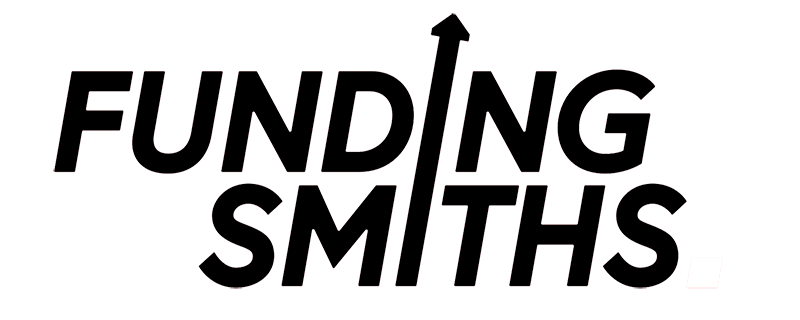
Trade with confidence
The government’s budget announcement in March 2021 arguably got the biggest media coverage considering the enormous sums being spent on combating Covid. Hidden amongst it all, was a series of tax breaks the Chancellor is hoping will help businesses unlock £20bn of investment in new assets to enhance and grow.
Combined with the UK’s success covid vaccinations, the super deduction tax allowance is a unique incentive for business owners looking to complete on purchases of new pieces of equipment or machinery that they may have their eye on.
Based on personal anecdotes with small business owners, there is a lack of awareness and understanding as to how they can benefit from this scheme. So I’ll try to break down what the super-deduction tax allowance means and how it can help you as a business owner.
This super-deduction tax allowance enables companies to deduct 130% of qualifying investment costs from their profits when calculating the amount of tax they’ll need to pay. It’s a type of tax break that has existed before. But this represents a huge step up from the 18% on offer previously.
For every pound a company invests, taxes would be cut by up to 25p.
This includes companies that pay corporation tax and invest in qualifying plant or machinery from 1 April 2021 until 31 March 2023. Sole traders and partnerships, including limited liability partnerships, cannot benefit under this new rule but will continue to claim capital allowances at 100% of upto £1m under the annual investment allowance.
New and unused plant & machinery assets. These can be funded by a hire purchase agreement, subject to credit checks. However, leased equipment does not qualify under the scheme, as ownership of the asset forms part of the qualification criteria.
Let’s say you are a business with annual profits of £1m and you decide to invest £100,000 on a new piece of equipment. The 130% deduction means when calculating the corporate tax you will owe 19% on your profits. You can reduce the £1m figure by £130,000.
| Business profit | £1,000,000 |
| Investment in plant and machinery | £100,000 |
| Corporate tax rate | 19% |
| Tax that would have been paid | £190,000 |
| Actual tax paid after tax break | £165,300 |
| Total savings | £24,700 |
In this scenario, you end up saving nearly £25,000 on your total tax bill. As things stood before, the 18% deduction would have saved you just £3,400.
If you’re looking to buy cars or second-hand assets, the Annual Investment Allowance (AIA) allows you to deduct as much as £1m from your tax bill. Keep in mind this is a temporary measure, and reverts to just £200,000 at the end of December.
The government also announced it will increase the ‘first-year allowance’ (FYA) scheme from 6% to 50% for the same types of assets that are covered by the super-deduction initiative until 31st December 2021.
The bottom line is, now could be the most cost-effective period to pull the trigger and spend strategically as the super-deduction tax allowance presents itself as a timely opportunity for growth.
FundingSmiths addresses the needs of ambitious businesses in today’s rapidly evolving economy using structured working capital solutions. It’s why we believe targeted lending inspires innovation and drives growth.
Shoots of spring and confidence are emerging as we move further into 2022, but growth plans in this environment need to remain flexible. Think of us as your strategic funding manager that you can call upon to help execute your next commercial milestone. If you would like to discuss your commercial plans in more detail, we’d love to hear from you. Please email info@fundingsmiths.com or let’s talk to discuss further.

 The Makings of an Underdog
Scroll to top
The Makings of an Underdog
Scroll to top